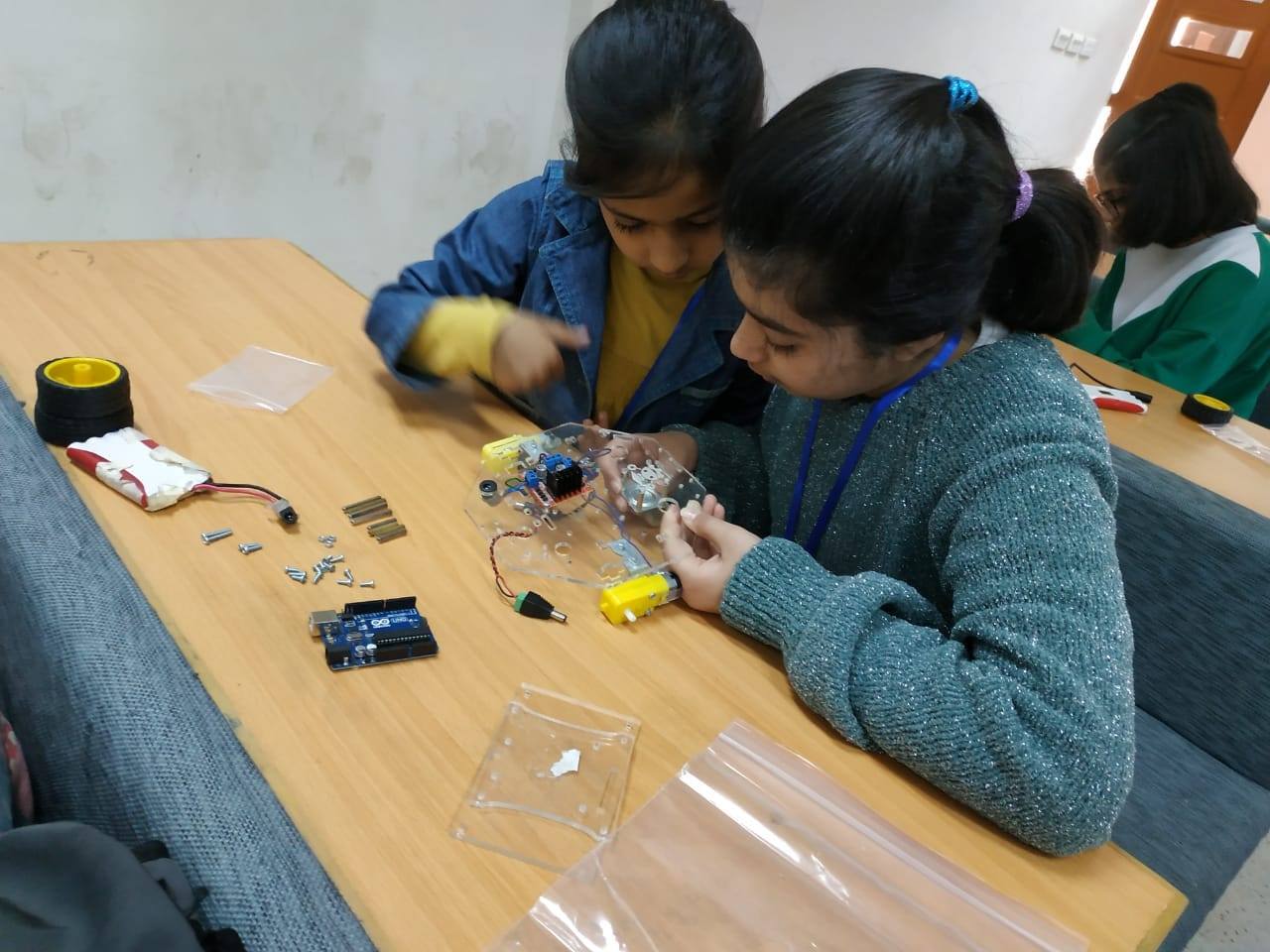with our monthly newsletter.
Source: LearnOBots
Palladium’s SPRING Accelerator has supported start-up technology companies in Pakistan to attract private investment and scale, transforming the lives of millions of underserved citizens. Watch the video below.
Across East Africa and South Asia, girls face many challenges, from accessing healthcare to quality education. SPRING Accelerator aimed to address these challenges by working with companies to design products and services that could help girls earn, learn, save, and stay safe and healthy. “We could give high potential start-ups the chance to hone impactful products and services, to develop financial and business know-how, connect them with investors, and help them to scale,” says Emma Davies, a Palladium Strategic Advisor.
Working with leading technical experts, the accelerator also provided vital training and mentoring to the businesses in human-centred design, innovation, marketing, and investment-readiness. With this support, the businesses individually attracted a range of capital – from both grants to mainstream investors, and from local, regional, and global actors. In total, the businesses attracted an additional USD 38.1 million in investment.
Investing in Robots
In Pakistan, technology companies have developed innovations that are helping children with special needs and providing access to health services for patients in rural areas. One company, LearnOBots, is introducing science, technology, engineering, and math (STEM) subjects into classrooms, exposing more girls – especially from low-income families – to these 21st-century skills.
“These businesses will still be impacting the lives of girls and their communities long after our project is finished because it’s commercially viable,” says Davies.

Originally, LearnOBot’s had limited ability to scale due to the lack of trained STEM teachers needed to run the company’s classes. With SPRING, LearnOBots reworked their business model to rely less on teachers’ qualifications: the company developed and tested a new software tool and platform that allows teachers to guide students through the STEM lessons regardless of their expertise. This new model also significantly reduced the costs of running the STEM classes and enabled LearnOBots to retain the same level of quality and achieve scale.
With a new business model and potential for scale, LearnOBots is better positioned to attract investments to continue their work.
“There are now hundreds of thousands of low-income students in Pakistan LearnOBots could serve,” explains Davies.
“We want students to play with these gadgets, technologies, robotics, electronics, do coding… and if they really love this, they should pursue this career,” explains Faisal Laghari, LearnOBots Co-Founder. “We want to revolutionise the education system here in Pakistan.” This goal is not far-fetched; following LearnOBots’ initial pilots, interest from girls in STEM subjects has risen.
LearnOBots is planning to expand to the United Arab Emirates and European countries next.
About SPRING
SPRING Accelerator was a five-year program funded by the UK Department for International Development (DFID), Australia’s Department of Foreign Affairs and Trade (DFAT), and the United States Agency for International Development (USAID). SPRING was managed by Palladium in partnership with Fuseproject, the African Entrepreneur Collective, and Growth Africa, with support from the Nike Foundation in the first four years, and advisory support from Girl Effect in the design phase. The program supported 75 social businesses in nine countries in South Asia and East Africa to develop life-enhancing products and services for over 2.5 million adolescent girls.
with our monthly newsletter.

